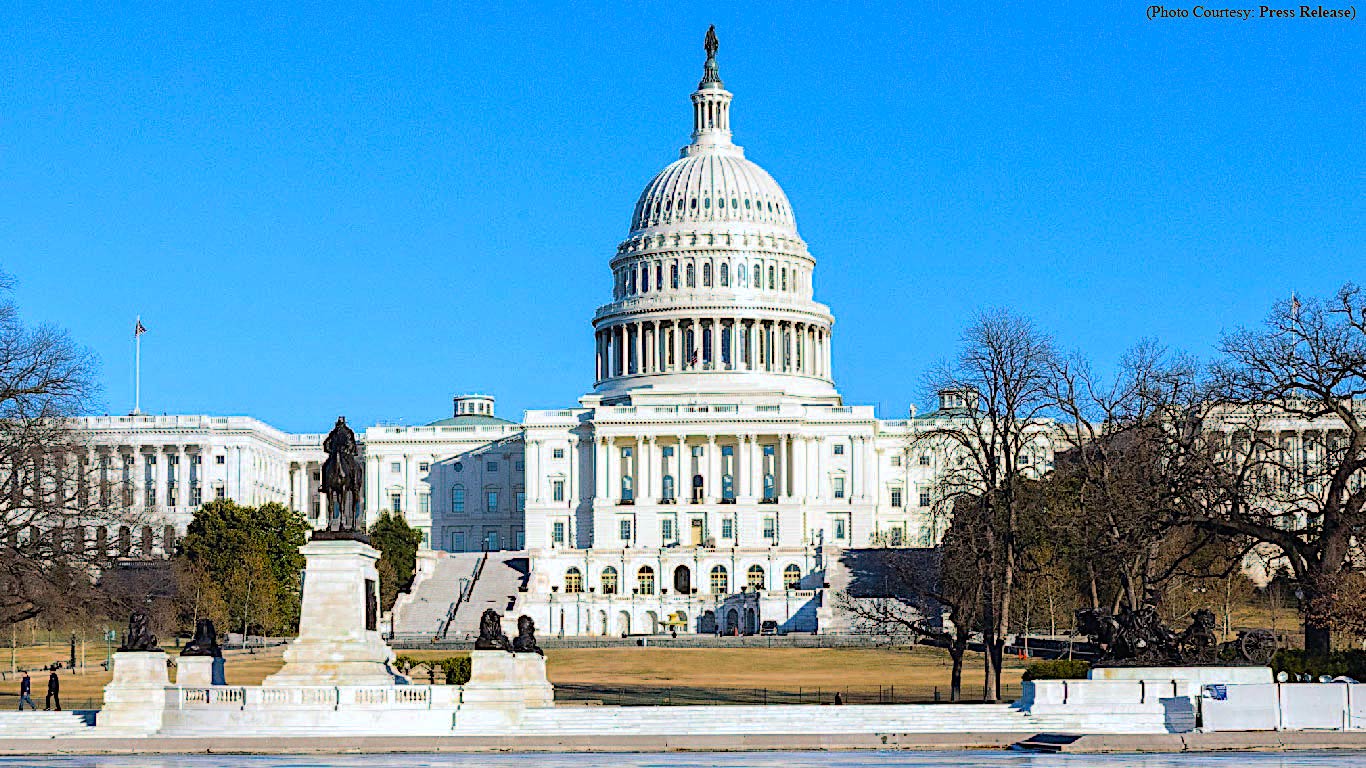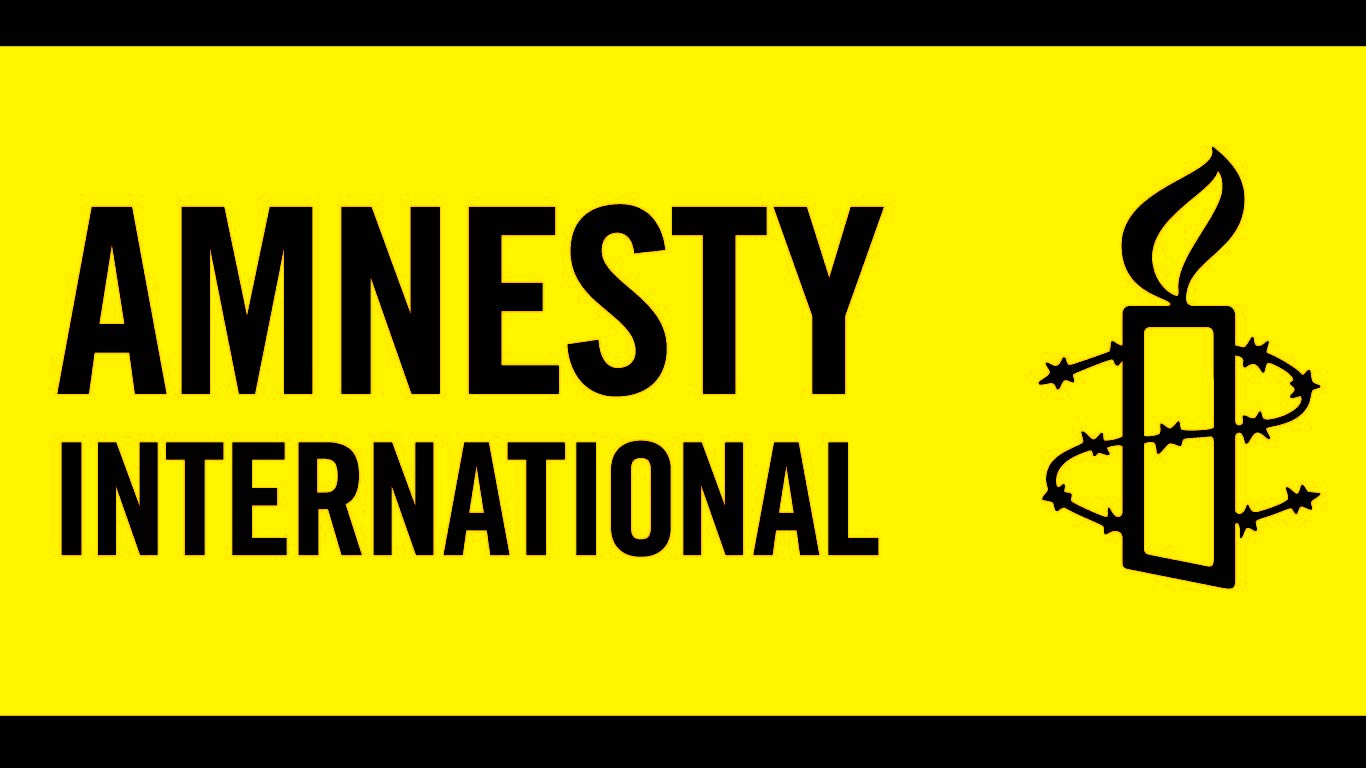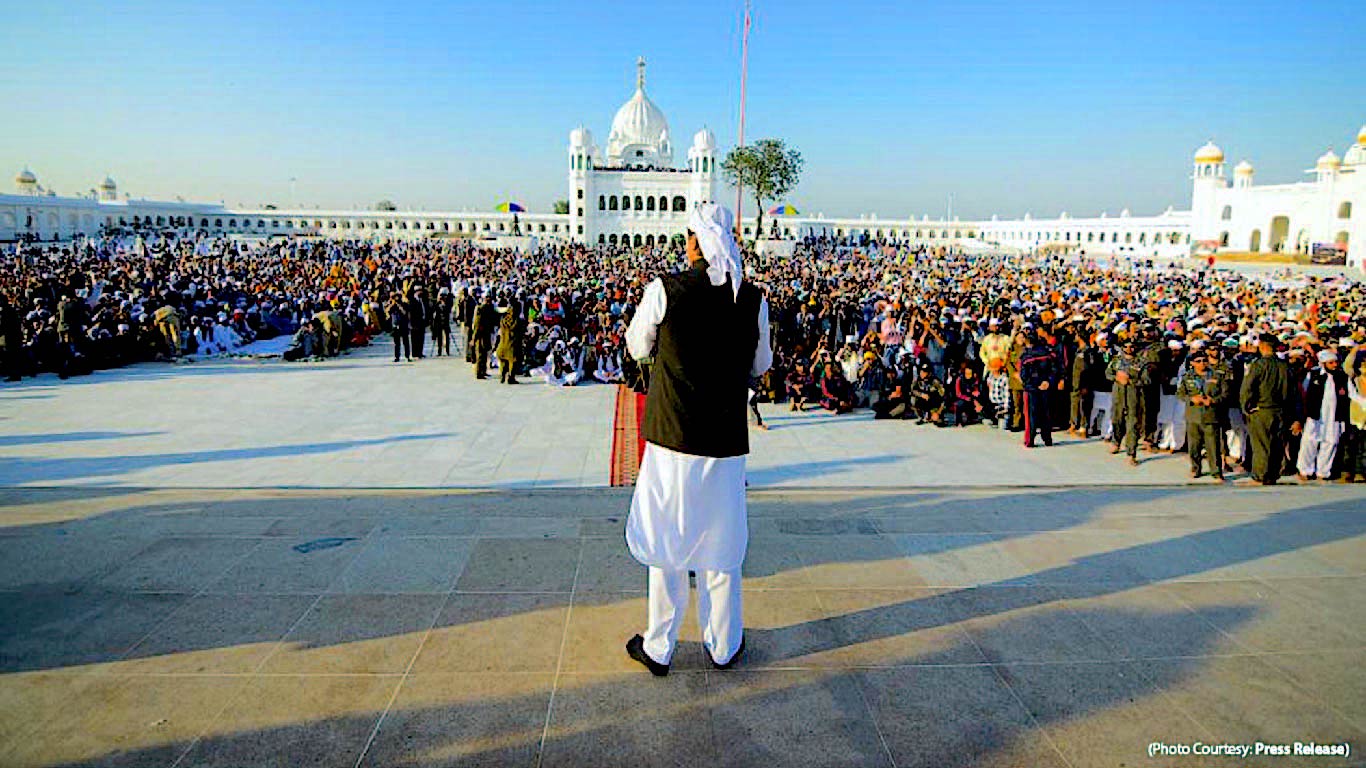

UN experts demand equal vaccine access in global south
By Monitoring Desk
Thursday – June 10, 2021According to a press release, “Everyone has a right to have access to a vaccine for COVID-19 that is safe, effective, timely and based on the application of the best scientific development,” the experts said ahead of the three-day summit of the G7 intergovernmental group of leading countries in the United Kingdom (UK), which begins on Friday.
The 9 independent experts said it is time for “international solidarity and cooperation” to assist all governments in vaccinating people and saving lives.
“It is not the time for protracted negotiations or for lobbying to erect barriers in order to protect corporate profits,” they underscored.
Despite the extraordinarily speedy production of safe and effective COVID-19 vaccines, swift action has not followed to aid equal access across all countries and regions.
“Billions of people in the global south are being left behind. They see vaccines as a mirage or a privilege for the developed world,” explained the experts, which, they added, would “unnecessarily prolong the crisis, drastically increase the death toll and deepen economic distress, possibly sowing the seeds of social unrest.”
The rights experts echoed their statement of last year on the human costs of the pandemic, saying that at a time when millions face poverty and hunger, G7 leaders must make it their top priority to protect the life and health of people in the most socially and economically precarious situations.
“It is shocking that, according to world health organisation (WHO) reports, less than one per cent of all vaccines administered so far have gone to low-income countries,” they pointed out, stressing that intellectual property rights must not become a barrier to low-cost production and expanded supply.
The UN experts urged pharmaceutical companies to join WHO’s COVID-19 technology access pool (C-TAP) for sharing know-how, data and intellectual property and recalled that while the trade-related aspects of intellectual property rights (TRIPS) agreement provides for certain flexibilities, including the possibility of compulsory licensing in cases of national emergency, they are insufficient to respond to the current pandemic.
“Maximising production of safe vaccines must take precedence over profiting from a global pandemic,” they said and added, “states must ensure that legal protection for intellectual property and patents doesn’t undermine the right of everyone to get access to a safe, timely and effective vaccine.”
The experts reminded states to align their actions with the UN guiding principles on business and human rights and ensure that multilateral institutions, such as the world trade organisation (WTO), “Neither restrain the ability of their member states to meet their duty to protect nor hinder business enterprises from respecting human rights.”
Financial and technical support, along with safeguarding production access, must be bolstered for developing countries to produce vaccines locally, according to the UN experts.
They endorsed a statement by the UN committee on economic, social and cultural rights, saying that unequal access to vaccines for least developed and developing countries is discriminatory and undermines progress towards the sustainable development goals (SDGs).
“We are particularly impressed by the role civil society organisations and campaigners have played in galvanising support from numerous states and stakeholders behind the call for a vaccine available to all, everywhere and free of charge,” they said.
Independent experts are appointed by the Geneva-based UN human rights council to examine and report back on a specific human rights theme. The positions are honorary and the experts are not paid for their work.



































